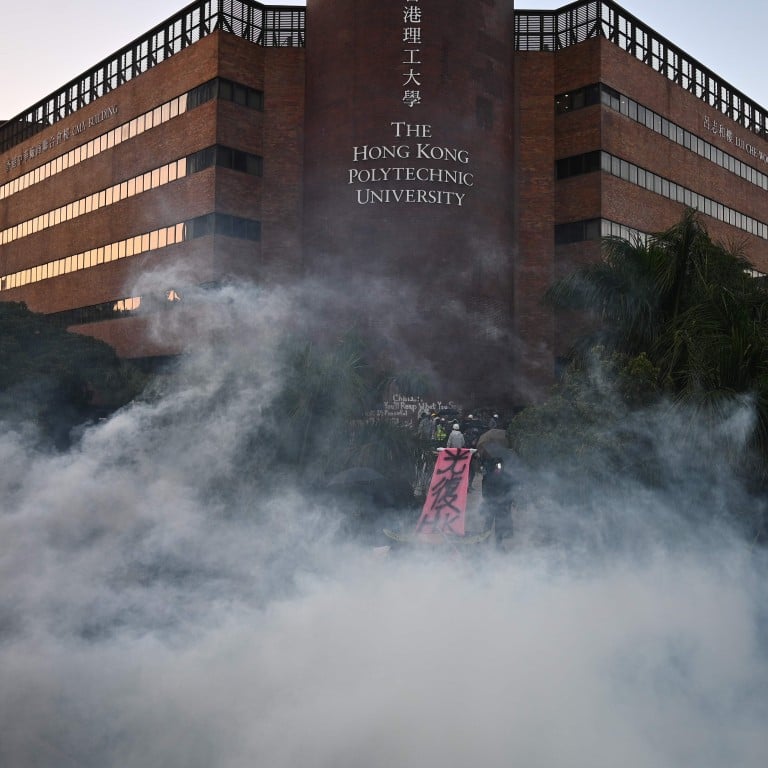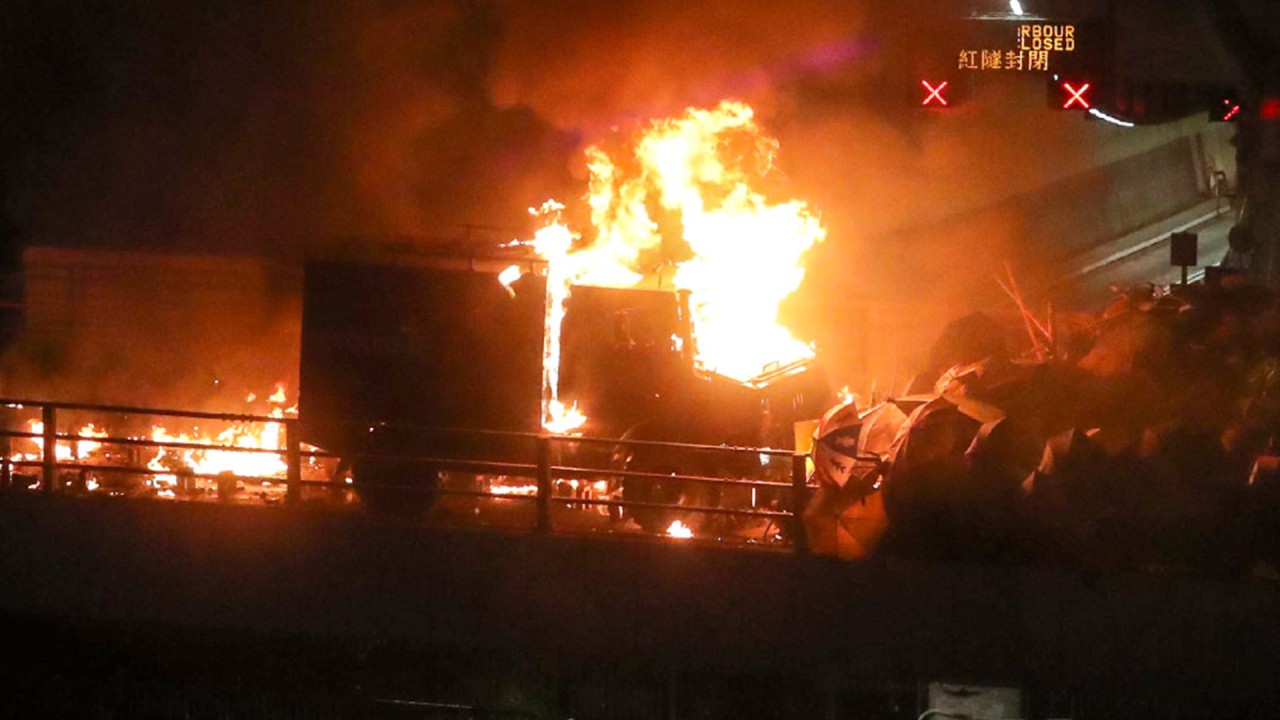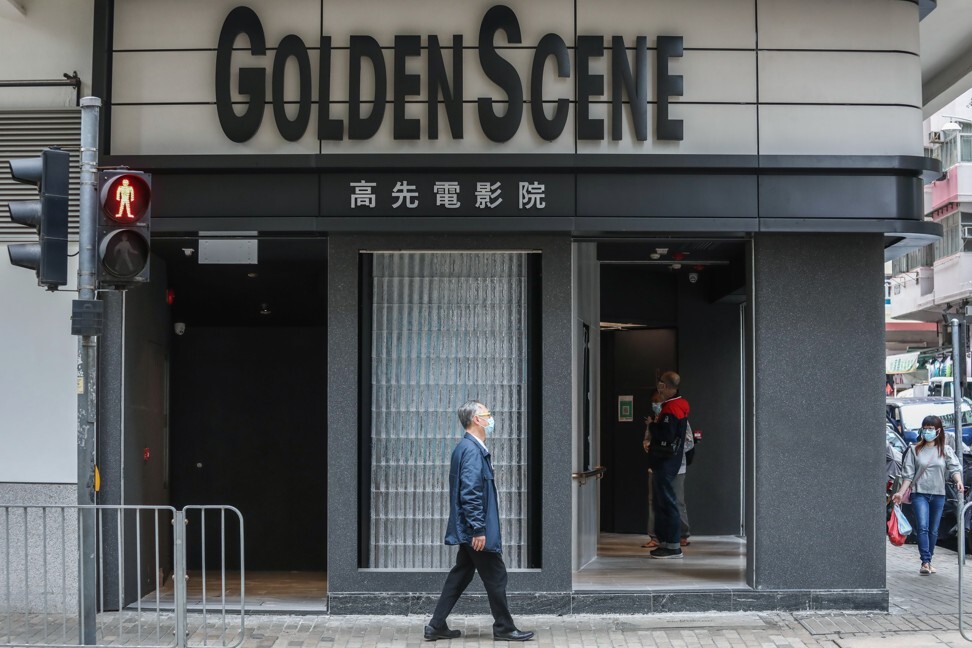
Hong Kong protests: documentary covering Polytechnic University clashes pulled from cinema following warnings of possible national security law breaches
- Pro-Beijing newspapers have accused ‘Inside the Red Brick Wall’ of glorifying radical protesters and stoking up hatred against police and the government
- Cinema and screening organisers withdraw the film to ‘avoid unnecessary misunderstanding’
The film was supposed to be shown on Monday evening in the newly opened Golden Scene cinema in Kennedy Town, as part of a series of screenings for the winners of the Hong Kong Film Critics Society Awards.
Protest documentary named 2020’s best film by Hong Kong critics
Both the cinema and the society announced on their respective Facebook pages on Monday afternoon the cancellation of the screenings scheduled for that evening and the coming Sunday.
The society said the showings recently received “excessive attention” and “to avoid unnecessary misunderstanding” it had decided to pull the events. It expressed “deep regret” and hoped audiences would understand the move.
The film’s distributor, Ying E Chi Cinema, said in a Facebook post: “Despite the difficult reality, Hong Kong film workers will continue to commit to our duties and make films that are recognised by the world for Hong Kong people.”
The 88-minute movie, produced in 2020 by a group of anonymous Hong Kong documentary makers, won the best editing award at the International Documentary Film Festival Amsterdam (IDFA), the largest event of its kind in Europe. The documentary also won the annual grand prize from the Hong Kong Film Critics Society.

09:09
The saga of the siege at Hong Kong's PolyU
But last week, the pro-Beijing newspapers Ta Kung Pao and Wen Wei Po ran a series of articles accusing the film of glorifying violence and alleging that the production crew was associated with anti-government protesters.
The newspapers also questioned if the documentary would be in breach the national security law – the Beijing-decreed legislation introduced in June last year to ban acts of subversion, secession, terrorism and collusion with foreign forces – and asked why the censorship authority had approved the film.
Tenky Tin Kai-man, chairman of the Federation of Hong Kong Filmmakers, said: “I could not say if the cinemas had been under political pressure. But if they have pulled the film out of non-commercial reasons because of external pressure, it would be a worrying sign.”

Pro-Beijing legislator Ben Chan Han-pan, a member of the Legco information technology and broadcasting panel, said: “No films that glorify violence and incite hate should have any place in Hong Kong’s cinemas.
“There are a lot of films people can make, to promote positive sentiment, social harmony. Why must we make films that encourage people to break the law?”
The documentary was shown last September at the Hong Kong Arts Centre. The film censorship authority at that time issued a public screening licence after classifying it for over 18s only and requiring the producers to add warnings of criminal scenes.
In the 13-day siege, hundreds of police officers locked down the PolyU campus after more than 1,000 hardcore protesters and their supporters moved into the university grounds.

